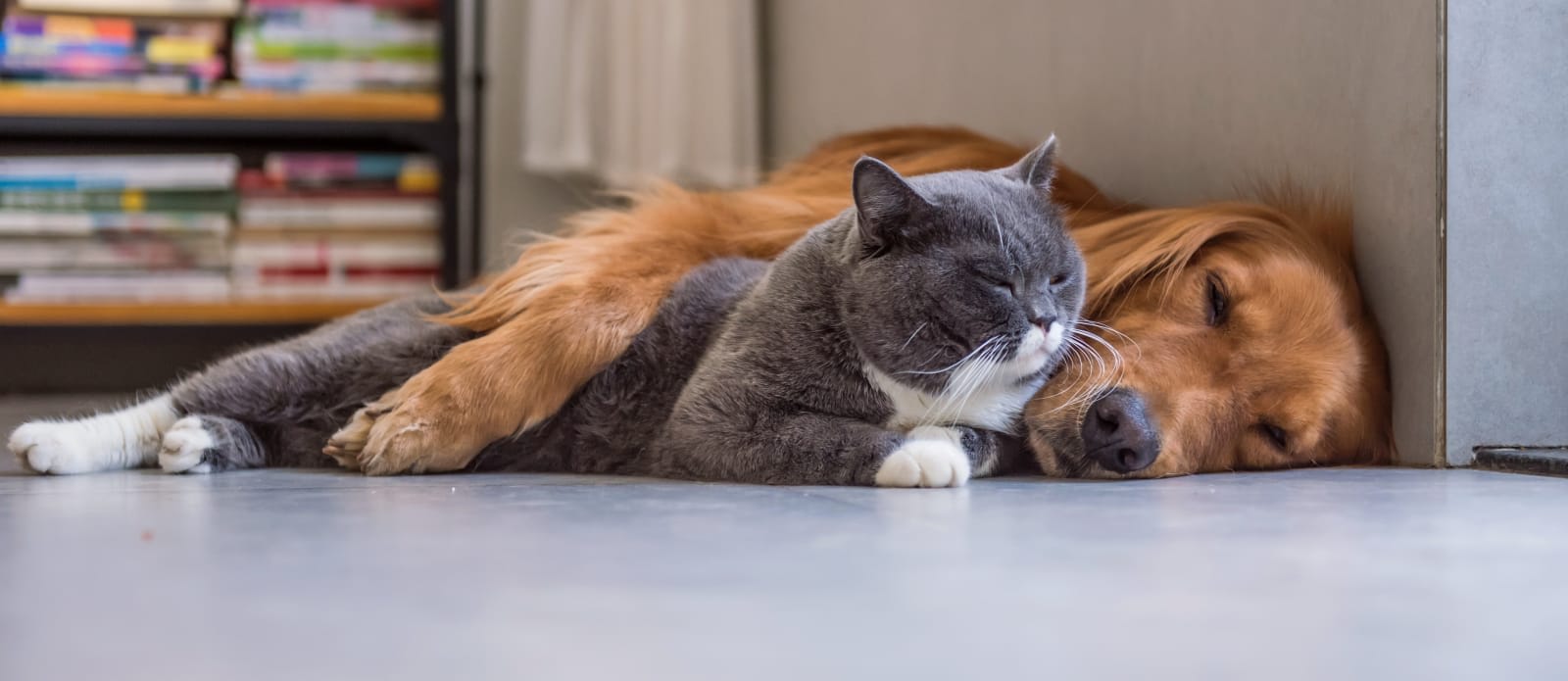Vomiting in Dogs
Occasional bouts of illness may not be cause for concern, but if your dog is continually sick or frequently throws up, then there may be a more serious issue. Here, our Rocklin vets discuss internal medicine conditions and other causes of vomiting in dogs and offer advice on what to do when it happens.










